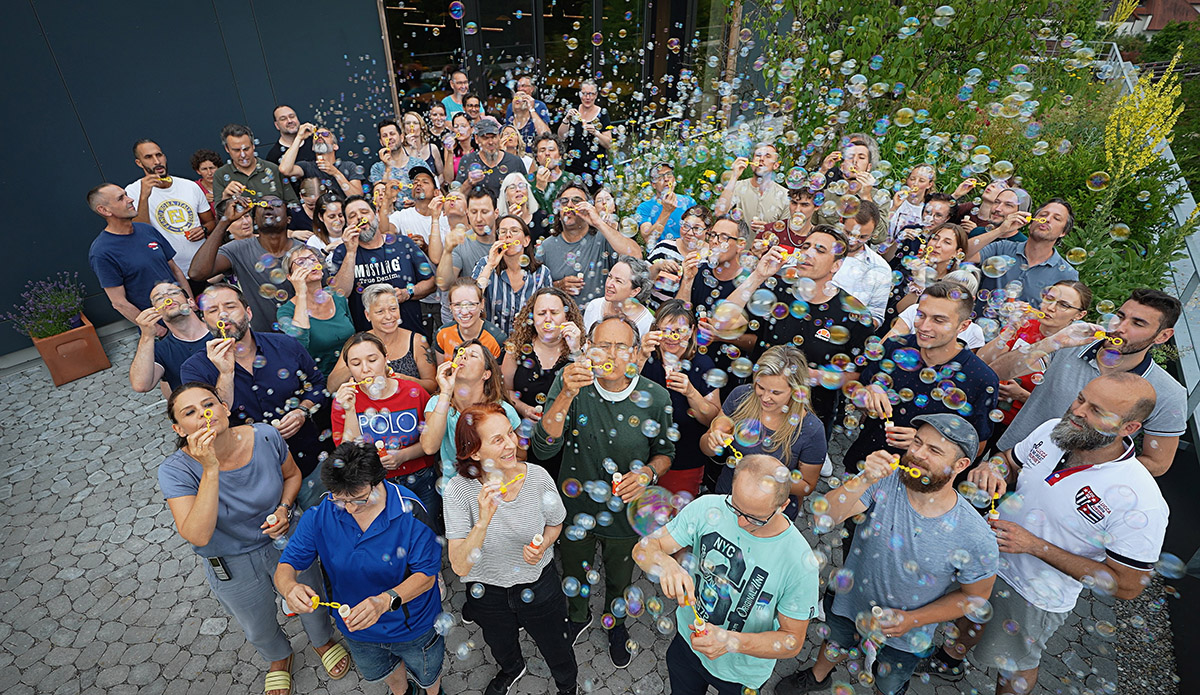Becoming a coach: A fulfilling profession that needs maturity, attitude and the right training

There are many different reasons why people decide to become business coaches – and as many ways into the job. Even more important is finding the right training. Even though some people might be sceptical about what the job title entails, it is indeed a profession that comes with great responsibility. Brigitte Wolter, founder of brandinvest Corporate Coaching, has long-term experience not only as coach but also as trainer for those who want to become one.
When someone decides to become a coach the hardest part is not to find a training course, but to find the right one. In Germany alone there are about 30,000 coaches, consultants and trainers and one can find so many details about coaching that it easily becomes an information overload. This is why it is important to work with a well-experienced and highly qualified person like Brigitte Wolter.
Large companies often look very closely at the people they are working with. They mostly prefer coaches that have completed training approved by coaching associations, like the International Coach Federation (ICF) or its German counterpart the Deutsche Bundesverband Coaching e.V. (DBVC), and have a long-term experience not only as business coach but also in leading management positions. That is something prospective coaches should bear in mind when looking for the right trainer. Brigitte Wolter, for example, is certified as a senior coach by the German coaching association DBVC.

Photo: Brigitte Wolter
A meaningful but challenging occupation
At the beginning of their career, many aspiring coaches do not really know what to expect and what the job entails. “Whoever decides to become a coach not only wants to work independently but often hope to find a meaningful and fulfilling occupation that also allows them to develop themselves,” says Wolter, describing what she encounters when working with aspiring coaches. Others, like those already working as consultants, want to gain additional qualifications and gain a new clientele. Indeed, helping others to understand themselves and their personality better is a strong meaningful experience with great potential for happiness for both the coach and the client.
Brigitte Wolter still remembers how she started out as coach: “In my early 40s, the idea matured to use my experience and knowledge as manager in an independent profession. And coaching seemed to be ideal.” Over the years she had had experienced the ups and downs of management and finally the wish for autonomy and flexibility had gained the upper hand. Being a coach is something that involves the whole personality, it needs both knowledge and attitude. “It was not easy to grow into my new role as a self-employed coach and step out of the role as manager I had become so used to,” says Wolter. It took nearly two years, but working with clients showed her that she was on the right path. How hard, but also how exhilarating, the first steps can be is something Brigitte Wolter now shares with those she is now training to become coaches.

Brigitte Wolter. Photo: Peter Wolf
While working as a coach might have great appeal, competition is very high. “I always tell novices that under certain circumstances they might have to bridge a long period financially, sometimes years, to establish themselves on the market,” says the well-established coach Brigitte Wolter. On the other hand, qualified coaches can use their competences in other fields as well to refine their professional portfolio. What those training with Brigitte Wolter learn will make them valuable employees in human resource management and with increasing interest in leading management positions.
Personal attributes are as important as professional experience
Which requirements do people have to fulfil to become a successful coach? “Prospective coaches should have experience in life, work and leadership and personal maturity, even though maturity in this case is not imperatively a question of age,” says Brigitte Wolter. Of course there are personal traits that are important such as empathy, reflective faculty and excellent communication skills. Ideally, a prospective coach also has psychological competences and has for example worked as psychological counsellor, alternative practitioner, psychologist or in psychotherapy. Experience in working with groups and understanding underlying dynamics are also advantageous.
Becoming a coach is nothing people can do in a day or a week. A professional training consists of at least 150 hours of training at the coaching location and additional time for coursework and meeting with colleagues. When training with Brigitte Wolter, the courses – often with very a practical approach or working on case studies – will be spread over ten weekend modules. In total, the training takes a year, a necessary time period considering that becoming a coach also means reflecting on oneself and developing a coaching personality.
TEXT: JESSICA HOLZHAUSEN
Subscribe to Our Newsletter
Receive our monthly newsletter by email




